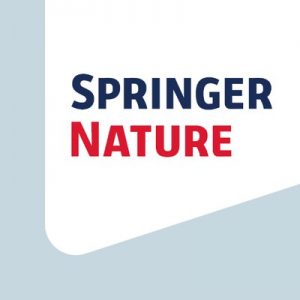A federal judge has denied a request for a preliminary injunction by a breast cancer researcher at SUNY Downstate in Brooklyn who sued the university last year after an institutional investigation determined that she committed research misconduct.
However, the judge noted “troubling aspects of this case that bear on serious public health concerns” – namely the discontinuation of the scientist’s research – and also expressed concern about SUNY Downstate and the NIH’s treatment of her.
As we’ve previously reported, Stacy Blain, an associate professor of pediatrics and cell biology at SUNY Downstate, has alleged the university discriminated against her for decades because of her sex, and that the investigation’s finding of misconduct was the result of retaliation after she complained of the discrimination.
Continue reading ‘Kafkaesque nightmare’: Judge wants researcher reinstated as NIH grant PI after med school’s misconduct finding







